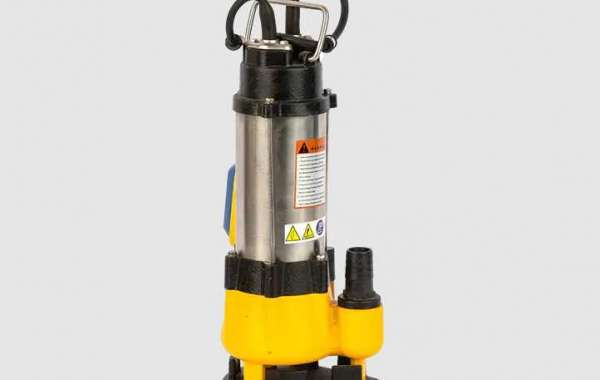Solar deep well pumps, a remarkable fusion of solar technology and water pumping systems, are revolutionizing agriculture, rural communities, and off-grid living.
The Rise of Solar Deep Well Pumps
Access to a reliable and consistent water supply is fundamental for agriculture, livestock, and rural communities. Conventional water pumps, often powered by fossil fuels or grid electricity, can be costly to operate, especially in remote or off-grid areas. Solar deep well pumps offer an eco-friendly and sustainable solution by harnessing solar energy to provide water where it's needed most.
How Solar Deep Well Pumps Work
Solar deep well pumps operate on a straightforward principle: they use energy from the sun to power a submersible pump that draws water from deep underground. Here's a basic overview of how these systems work:
Solar Panels: Photovoltaic (PV) solar panels are installed on the surface, typically in an area with maximum sun exposure. These panels capture sunlight and convert it into electricity through semiconductor materials.
Electricity Generation: When sunlight hits the solar panels, it generates direct current (DC) electricity. The electricity is then sent to a control unit, often referred to as a solar pump controller or inverter.
Solar Pump Controller: The solar pump controller manages the flow of electricity from the panels to the submersible pump. It regulates the voltage and current to ensure optimal pump performance.
Submersible Pump: The submersible pump is placed deep within the well or borehole, where it can access groundwater. It is powered by the electricity generated by the solar panels and controlled by the solar pump controller.
Water Delivery: As the submersible pump operates, it draws water from the well and delivers it to the surface for various applications, such as irrigation, livestock watering, or domestic use.
Key Advantages of Solar Deep Well Pumps
Energy Efficiency: Solar deep well pumps are highly energy-efficient, as they rely on abundant sunlight to generate electricity. This reduces the reliance on fossil fuels or grid electricity, resulting in cost savings and reduced carbon emissions.
Low Operating Costs: Once installed, solar deep well pumps have minimal operating costs. They do not require fuel or grid electricity, making them a cost-effective and sustainable water pumping solution.
Reliability: Solar deep well pumps are known for their reliability and low maintenance requirements. They are designed to operate continuously in remote and challenging environments.
Scalability: These systems are scalable, meaning they can be designed to meet specific water requirements, from small-scale irrigation projects to large agricultural operations.
Environmentally Friendly: Solar deep well pumps are environmentally friendly, producing no emissions or pollutants during operation. They help reduce the carbon footprint associated with water pumping.
Off-Grid Capability: Solar deep well pumps are ideal for off-grid locations where grid electricity is unavailable or costly to access. They provide water independence to rural communities and agricultural practices.
Applications of Solar Deep Well Pumps
Agriculture: Solar deep well pumps are widely used in agriculture for irrigation and crop cultivation. They enable farmers to efficiently water their fields and increase crop yields.
Livestock Farming: These pumps provide a consistent water supply for livestock, ensuring the health and well-being of animals in remote or rural areas.
Rural Communities: Solar deep well pumps serve as a lifeline for rural communities, supplying clean drinking water and supporting various domestic needs.
Emergency Response: In disaster-stricken areas or during emergencies, solar deep well pumps can quickly provide access to clean water, helping communities in crisis.
Sustainable Development: Solar deep well pumps play a crucial role in sustainable development projects, particularly in regions with limited access to conventional energy sources.
Choosing the Right Solar Deep Well Pump
Selecting the appropriate solar deep well pump wholesaler system depends on factors such as water requirements, well depth, and geographic location. Here are key considerations:
Water Needs: Determine the volume of water required for your intended use (e.g., irrigation, domestic use, or livestock). This will help determine the pump's flow rate and capacity.
Well Depth: The depth of your well or borehole is a critical factor. Choose a pump that can reach the desired water source effectively.










